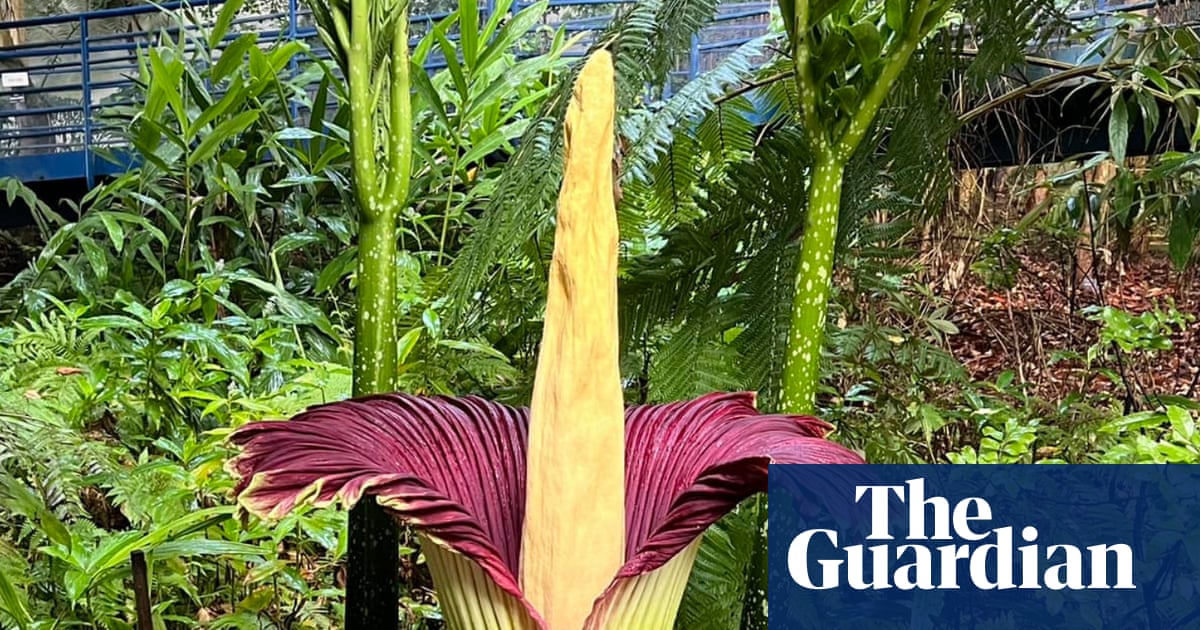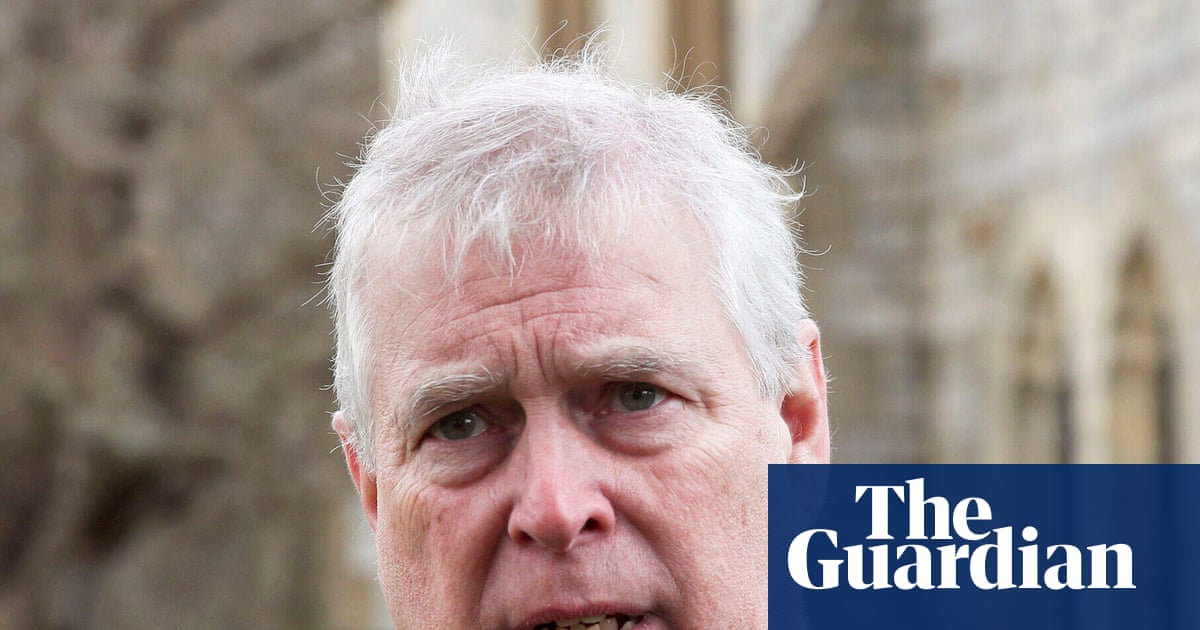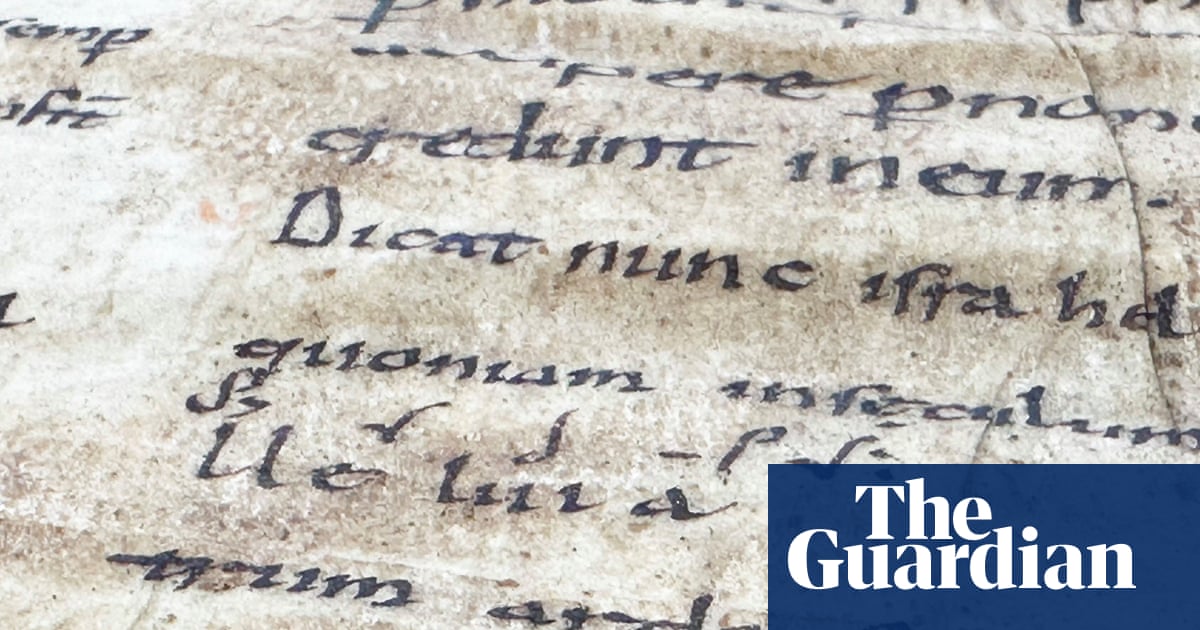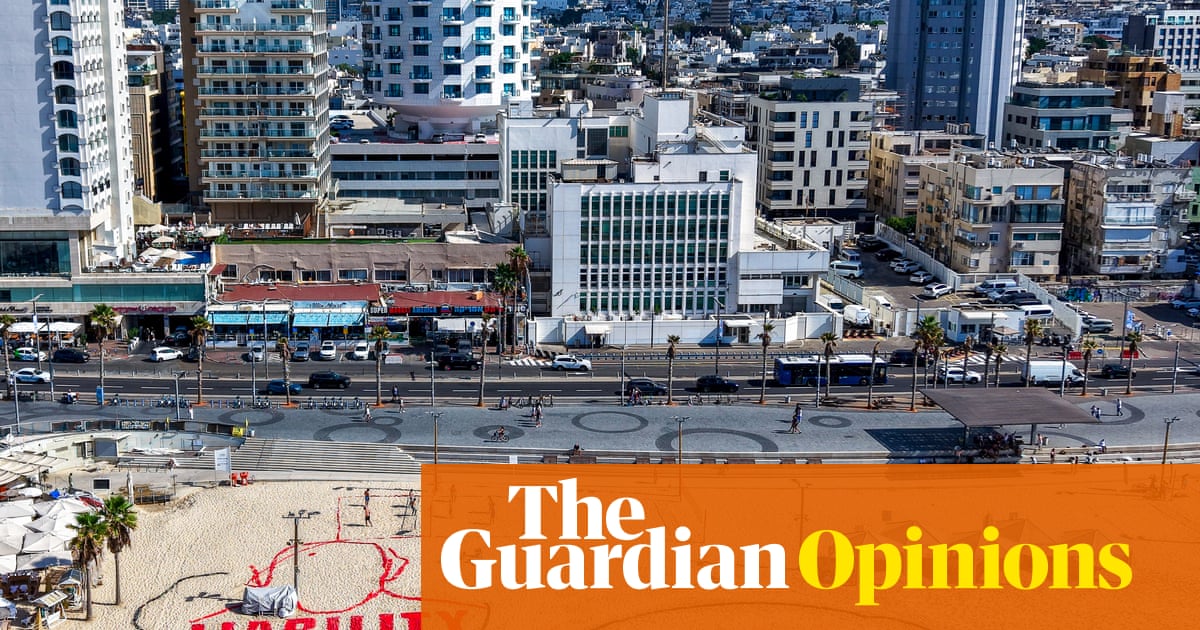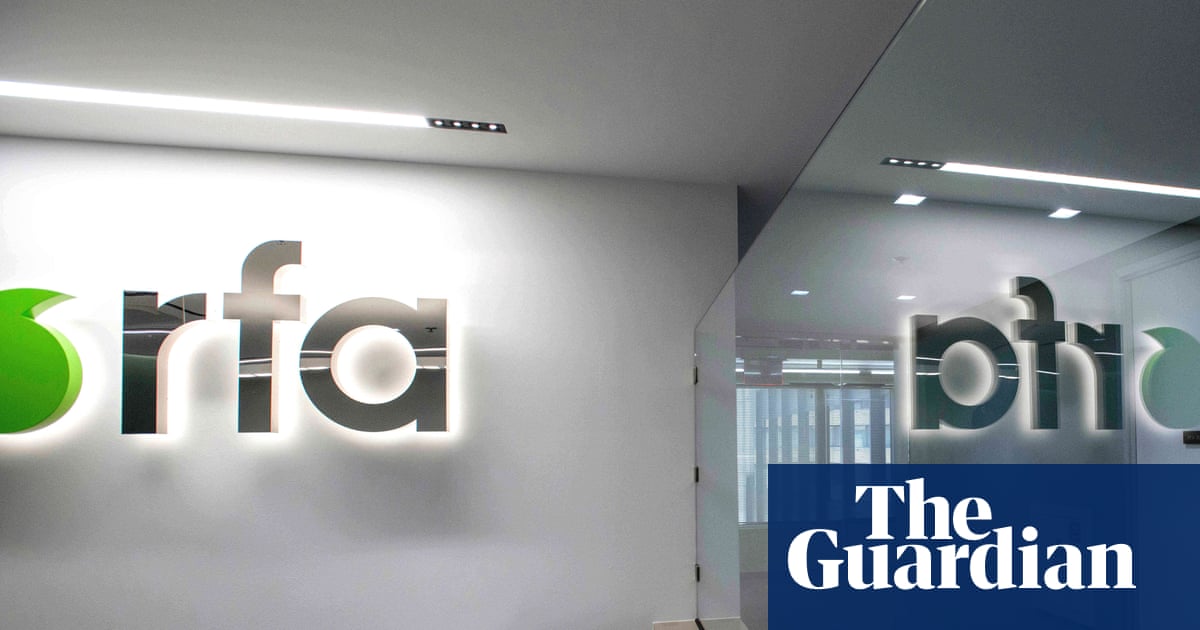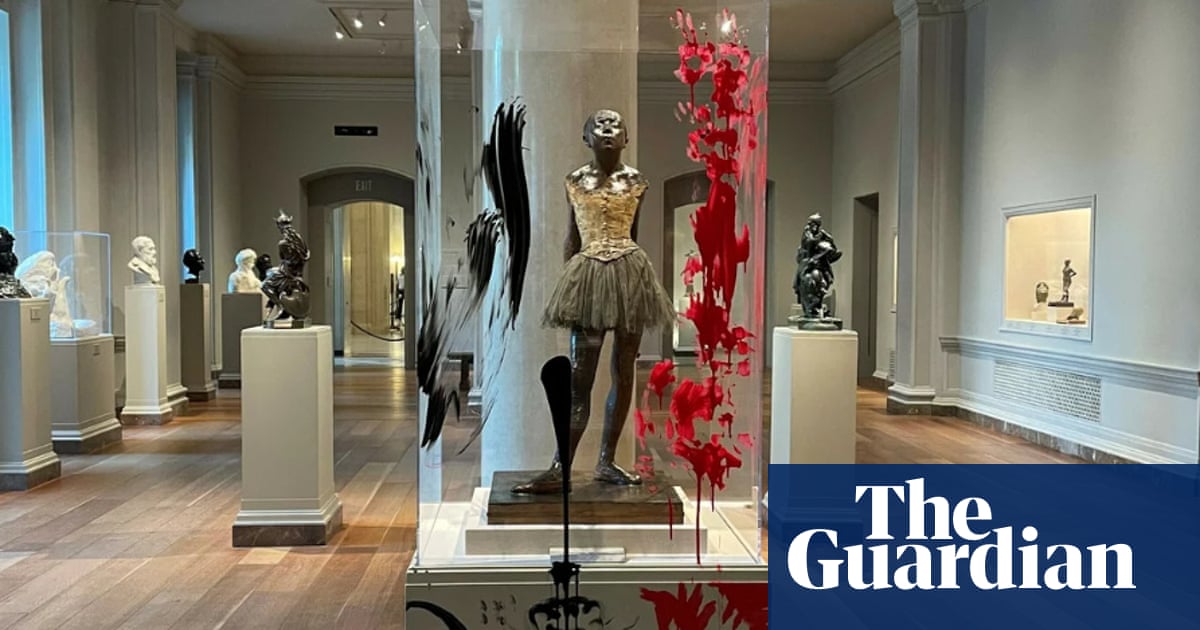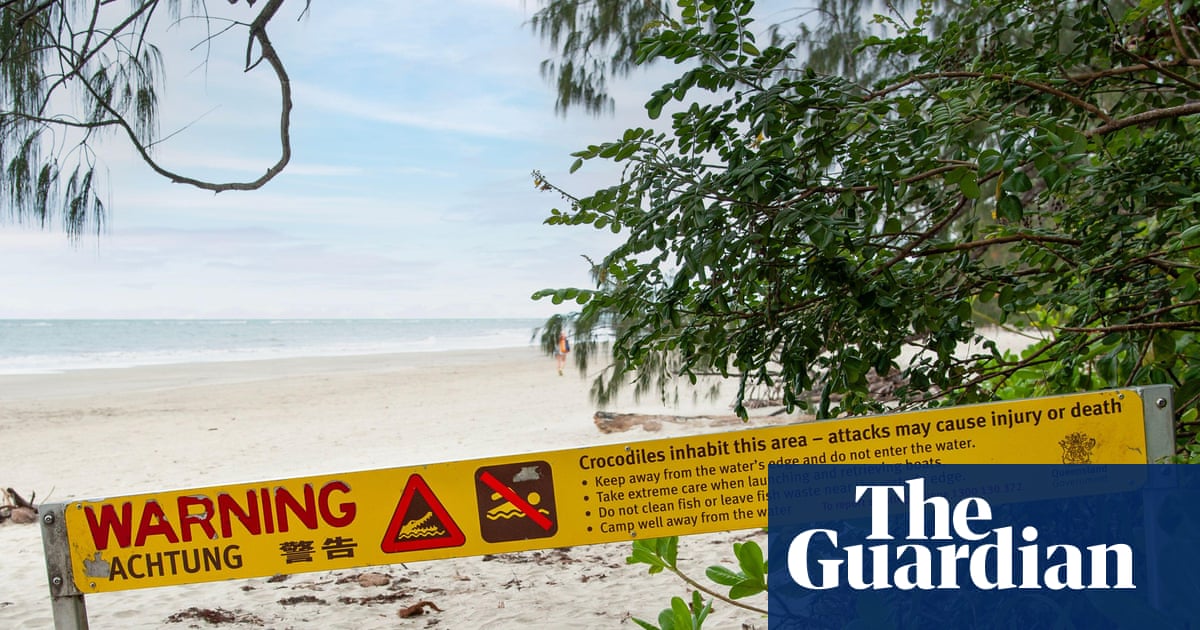The British Museum has been accused of “provocative indifference” and “covering Greek culture in the shade of Barbie” by officials in Greece after it hosted a star-studded fundraising gala that included guests seated near the Parthenon marbles.
Days after Mick Jagger, Naomi Campbell, Alexa Chung, Miuccia Prada, Manolo Blahnik, Kristin Scott Thomas and dozens of other celebrities and billionaires paid £2,000 each to attend the museum’s inaugural pink ball, Greek officials were still incandescent over an event described as offensive by the country’s cultural minister.
Lina Mendoni said the museum was guilty of “provocative indifference” to treasures that embodied the high point of classical western art. Images of tables laden with trappings of a lavish meal steps away from the antiquities also raised ethical questions, she railed.
“The safety, integrity and ethics of the monuments should be the main concern of the British Museum … once again it is exhibiting provocative indifference,” she said.
Guests at the gala, which raised more than £2.5m for the museum, were treated to a drinks reception in the museum’s Great Court before the evening’s highlight – dinner within view of the fifth-century BCE carvings – in the Duveen Gallery. A silent auction was also held throughout the evening.
But on Thursday many in Athens were of the view that the gala’s greatest achievement had been to bring relations between the museum and the Greek government to a new low at a particularly sensitive time amid efforts to resolve the cultural row over the sculptures. For decades, Greece has been campaigning for the artworks to be reunified with other pieces that once adorned the Parthenon.
As outrage intensified, ever more officials sounded ever more indignant.
The speaker of the Greek parliament, Nikitas Kaklamanis, rebuked the British Museum for deciding to “cover Greek culture in the shade of Barbie” while lambasting the “provocative use” of the sculptures as a “tourist attraction”.
“At a time when the Parthenon sculptures, born in Athens 2,500 years ago, are patiently awaiting their return to the homeland … the British Museum lays out provocative, lavish tables in the Duveen Gallery with our sculptures as a backdrop,” he said, deploring the institution’s “cynical” goal of “raising money for its own benefit”.
Carved by Phidias, Pericles’ master sculptor, the antiquities embellished the Parthenon’s monumental frieze before their removal in highly contentious circumstances by Lord Elgin, England’s ambassador to the Ottoman empire, more than 200 years ago. Bankrupted by his endeavours, Elgin then sold them to the British government in 1816.
after newsletter promotion
Nikolaos Stampolidis, general director of the Acropolis Museum, whose upper gallery has been custom-made to display the sculptures within view of the monument, said the “tasteless” episode provided incontrovertible proof, once again, that the masterpieces needed to be reunited in the place where they were carved.
The British Museum declined to comment.

 3 months ago
88
3 months ago
88










